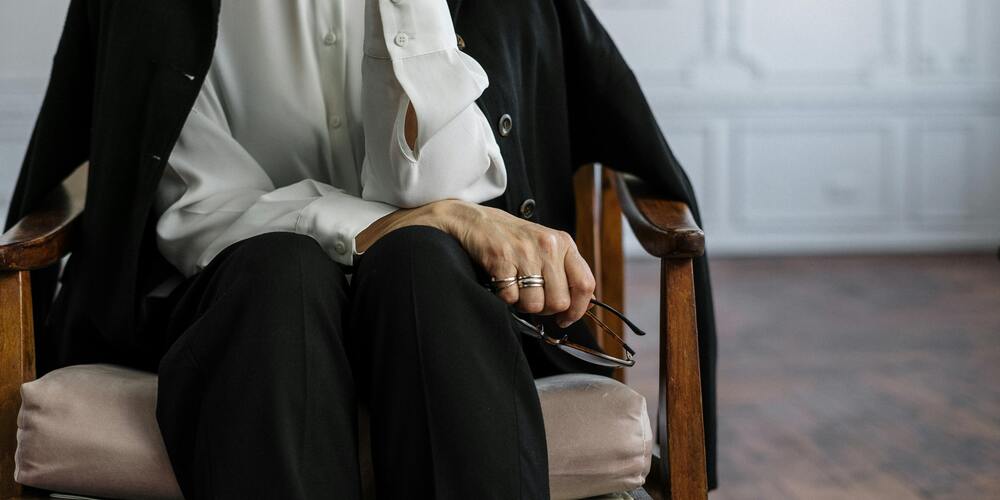In the competitive legal field, your body language can be as crucial as your qualifications. While we focus on what candidates say during interviews, a significant portion of our communication comes from nonverbal cues—our posture, facial expressions, and gestures. According to Albert Mehrabian’s research, only about 7% of our message is conveyed through words; the remaining 93% is expressed through body language.
Understanding and mastering body language can set you apart in a legal interview. It helps build a connection with your interviewer, reinforces your enthusiasm, and significantly boosts your chances of landing the job.
The Impact of Body Language on Communication
Your body language either complements or contradicts your verbal messages. For example, if you’re discussing your passion for a role but appear distracted by constantly checking your watch or fidgeting, your words lose credibility.
Effective body language enhances:
How Interviewers Perceive You: First impressions are formed within seconds, and your posture plays a key role. Sitting upright, maintaining eye contact, and smiling conveys confidence and professionalism, making a strong impact on hiring managers.
Your Ability to Build Rapport:While interviewers don’t solely base their decisions on personal affinity, they’re more likely to favor candidates who are approachable and relatable. Positive body language fosters trust and rapport.
Conversation Clarity: Clear communication is vital. Your body language supports your verbal message, helping to clarify and reinforce your strengths and suitability for the role.
Top Tips for Effective Body Language in Legal Interviews
Mastering body language requires attention and practice. Here’s how you can make a lasting impression:
Be Mindful of Your Posture: Your posture sends a clear message about your attitude. Sit up straight with shoulders back to project confidence. Avoid crossing your arms or slouching, as these can seem defensive or disengaged.
Maintain Eye Contact: Establishing regular eye contact shows attentiveness and sincerity. In a video interview, look at the camera to simulate eye contact and avoid distractions.
Watch Your Facial Expressions: A genuine smile demonstrates confidence and warmth. Be aware of when to smile and when to adjust your expression to reflect thoughtfulness or sincerity.
Control Your Hand Gestures:Use hand gestures to emphasize points but avoid excessive or erratic movements that can distract. Keep your hands still when not in use.
Rethink Your Clothing Choices: Dress professionally yet comfortably. Discomfort can lead to fidgeting and distract both you and your interviewer. Choose attire that allows you to focus on the conversation.
Applying Body Language Skills at Work
Body language isn’t just for interviews. Continue to refine your nonverbal communication throughout your career. An open posture fosters positive relationships with colleagues, while effective communication practices enhance teamwork and rapport. Be mindful of personal space and adapt your body language to create a comfortable work environment.
Mastering Body Language: Your Path to Success
Understanding and controlling body language can significantly influence your career success. From acing interviews to building strong workplace relationships, mastering nonverbal cues is key. Practice these techniques to improve your professional interactions and make a lasting impression.
How We Can Help
Contact us HERE: https://www.barrattgalvin.com/contact to get started on your career path today.

